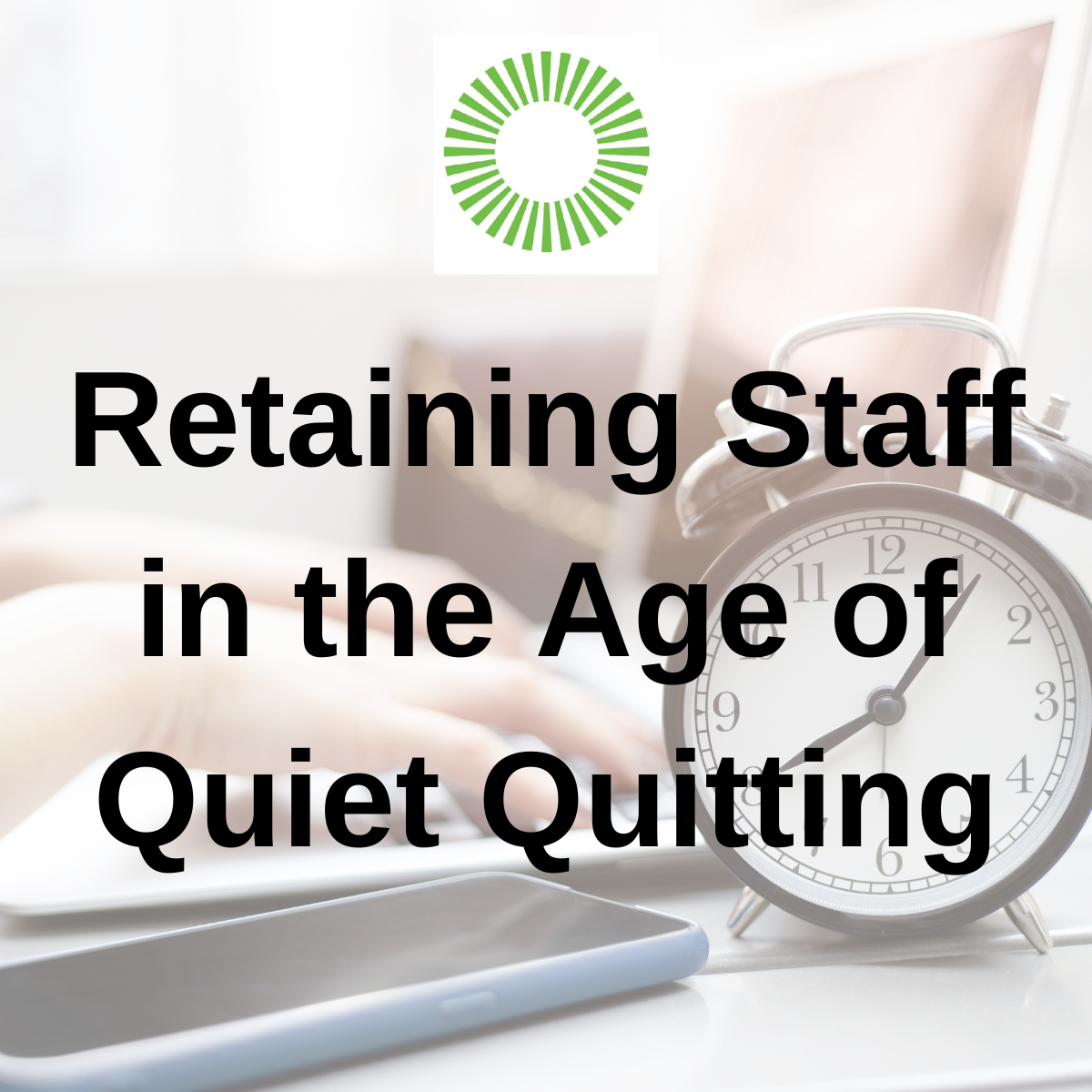March 17, 2023
With employee retention rates dropping nationally, and quiet quitting becoming the buzzphrase of the year, we continue to have better retention than leading competitors. We’ve been proud of this statistic for a long time, but following the Great Resignation that started in 2021, it’s come to mean even more to our managers and clients.
The employees of a business are always one of the greatest assets and one of the most significant risk factors. Managing people is often the most challenging aspect of any job. It’s also important for a thriving business to assure a sense of stability by keeping employees on for as long as possible. By the nature of our work, we often have employees working in the same offices as our clients. It is important that those employees sharing space with customers represent our business well, and one of the ways they do that is through the continuity of personnel.
We also stress efficiency as one of GLC’s strong suits. The process of hiring, training, and acclimating new employees can be a strain on efficiency in any business. So, that leads to another benefit in retaining employees for a longer period of time.
With so many companies struggling to keep departments running through a wavering workforce, what can we do to stay well-staffed and working smoothly? For us, it means doing what we have always done to build a compliment culture and a recognition of the people we rely on.

1) Compliment in Public
Our leadership team is adept at recognizing excellence in their staff, whether that means recognizing when someone has gone above and beyond for a project or noticing how consistently dedicated someone is.
It’s easy to let good things go unnoticed, but always a mistake to let hard work go unappreciated. We stress that compliments should be given in public. Give a shout-out in front of colleagues, or create dedicated awards. Our President's Awards and Gotta Love Champions Awards have been good outlets for recognizing exceptional employees. It is part of the job of upper management to let people know that you notice their effort. Let them know that effort is appreciated and worthy of recognition.
2) Make Expectations Clear
Quiet quitting tends to occur when employees realize that they have been going beyond expectations without recognition. A lot of our staff work on task-oriented jobs. We stress an understanding of what the role is, how it contributes to the company as a whole, and providing training so that expectations are clear from day one.
Outlining expectations, especially through training, is essential. We find that it lowers anxiety that an employee might feel over not knowing what to do, or not knowing what steps are necessary for a particular job, which contributes to retention. We also know that when the boundaries of an expectation are set, the employee can choose to take opportunities to go beyond those bounds with recognition.
3) Communicate
Lack of communication leads to suspicion from staff. Explain why certain steps to the job are necessary. Explain why management decisions are made whenever possible. Communicate clearly and often to avoid confusion. A staff that is stressed over unclear communication, or given reason to mistrust managers, is a staff that will not remain in their positions.
Motivating a team has a lot less to do with getting everyone pumped up at the start of the workday than it does with providing a safe, consistent environment in which to work. No one wants to wonder what their job expectations might be tomorrow, or who they’ll be expected to work with. There is security in knowing that you are seen, that your work has value, and there is potential to grow. We always want our employees to know that no matter what the task it has a purpose, whether they’re stationed in an office, or logging in on Zoom. That motivation encourages a team to stay even when resigning becomes a trend.
It isn’t easy. It’s a culture that we’ve worked hard to build, but it’s one of the many ways we let people know that with our teams in place, they can always consider it done.
